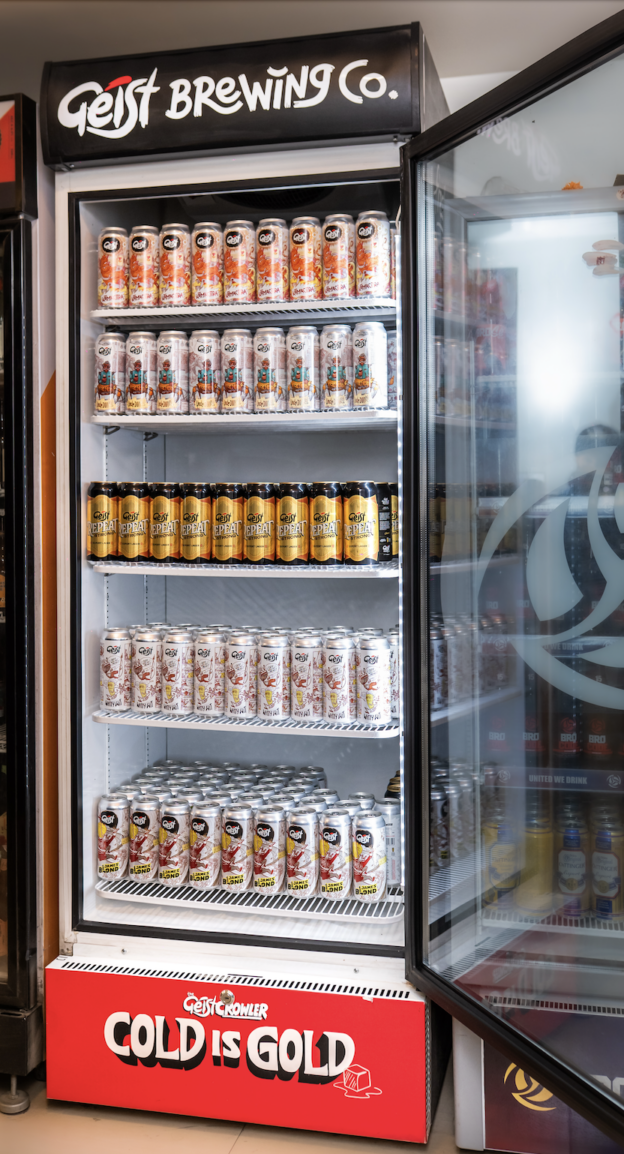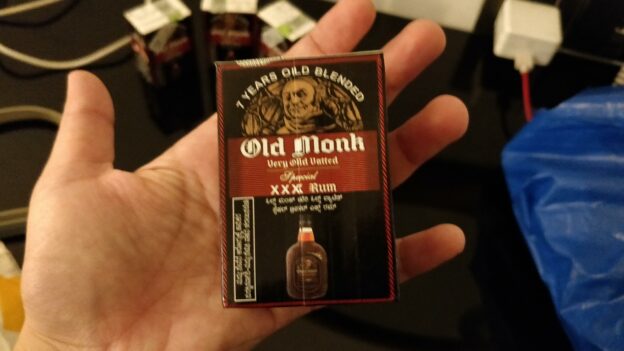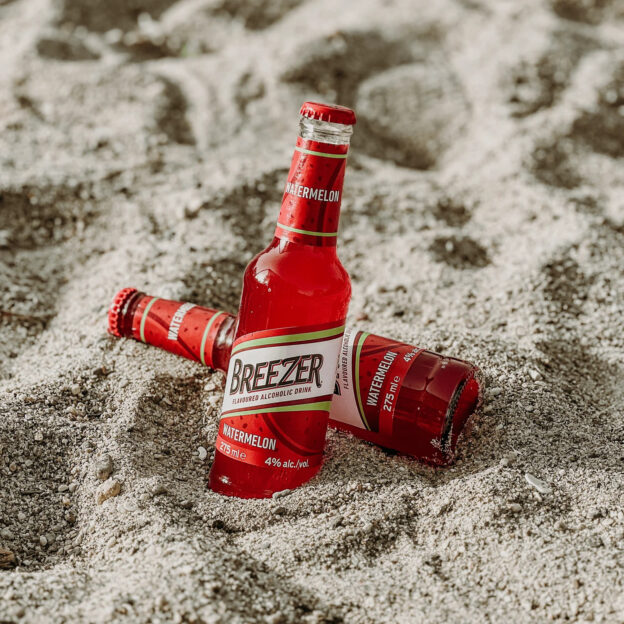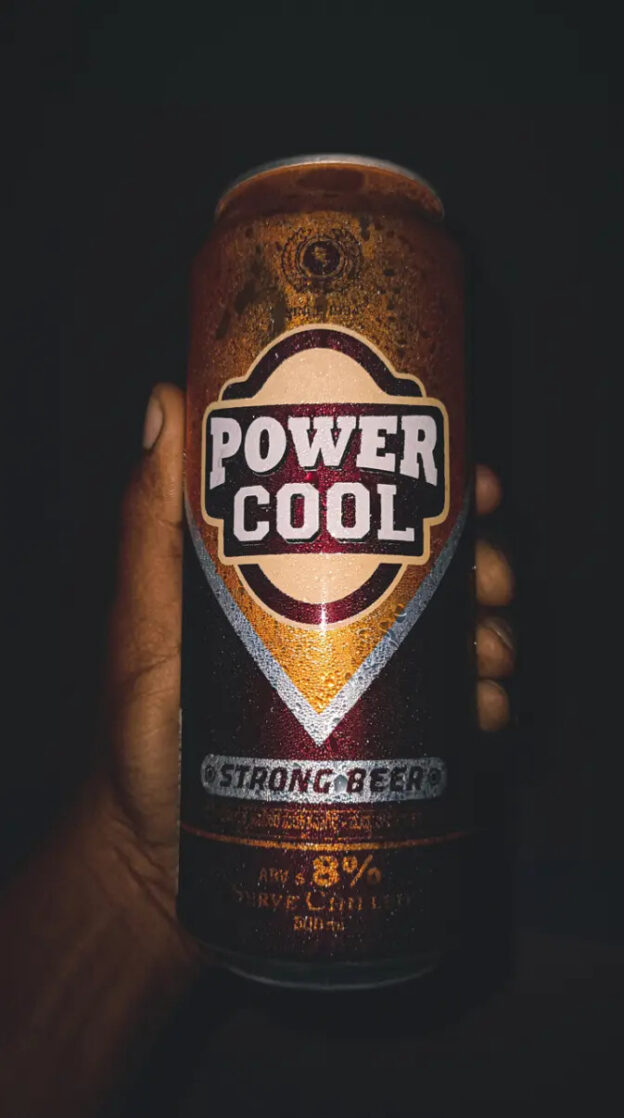The Uttar Pradesh government has approved a sweeping new excise policy that will come into force on April 1, 2026. The policy is a combination of price revisions, structural reforms, and export-oriented measures that mark a significant shift in how India’s largest liquor market regulates and monetises the alcohol sector.
The policy’s immediate impact is on liquor prices and retail licensing. Importantly, Uttar Pradesh has become the first state in India to introduce a standalone three-year Excise Export Policy from 2026 to 2029, signalling a strategic intent to transform UP from a consumption-driven market into a production and export hub.
The export-oriented policy allows liquor and other excise goods manufactured in UP to be exported directly to international markets under a structured and predictable regulatory regime. Until now, most Indian states focussed their excise policies primarily on domestic consumption and revenue generation, with exports remaining incidental. By establishing a formal export roadmap, UP is seeking to encourage investment in distillation, bottling, and value-added production, while enabling local manufacturers to tap global demand for Indian spirits, particularly molasses-based country liquor and grain-based spirits.
Discontinues Standalone IMFL and Beer Shops
The policy also introduces a major structural change in retail distribution by discontinuing standalone Indian Made Foreign Liquor (IMFL) and beer shops. Going forward, composite shops will become the dominant retail format, although strict separation rules will apply within outlets. IMFL and country liquor will not be permitted to be sold from the same shop counters, and canteen facilities inside composite shops will also be discontinued. This restructuring is aimed at improving regulatory clarity, reducing misuse of retail licenses, and creating a more organised retail ecosystem.
In another significant move, the state has introduced separate licensing provisions for low-alcohol beverages such as wine, ready-to-drink products, and beer for off-premise consumption in major urban centres including Lucknow, Noida, Ghaziabad, Varanasi, Agra, and Prayagraj. This is a progressive step that reflects changing consumer preferences, particularly among urban consumers who are increasingly shifting toward lower-alcohol and premium lifestyle beverages. By creating dedicated retail channels, the government aims to expand consumer choice while improving compliance and monitoring.
Price hike from April 1
Local liquor prices will increase by approximately ₹5 per bottle starting April 1. For example, a bottle of local liquor with 36% alcohol content will see its price rise from ₹165 to ₹173. The price increase applies across bottle sizes, including miniature and half-quarter bottles, ensuring uniformity in tax realisation across packaging formats.
Foreign liquor will see a steeper increase, with prices rising between ₹10 and ₹30 per bottle depending on the category and brand positioning. This differential pricing approach reflects the government’s strategy of protecting the affordability of local liquor while maximising revenue from premium and imported segments, which are less price sensitive and contribute disproportionately to excise collections.
‘Baccha’ Packet Launched
The new policy has also introduced an entirely new miniature pack format that represents another first for the state. A 100 ml miniature pack of grain-based country liquor with 42.8% strength, popularly known as a ‘Baccha’, has been launched at a retail price of ₹50. This innovation is expected to cater to price-sensitive consumers while bringing smaller-volume consumption into the formal retail system, thereby reducing illicit sales and improving tax compliance.
In terms of product standardisation, molasses-based country liquor will now be available in 36% and 25% alcohol strengths in 200 ml tetra pack formats. Grain-based Uttar Pradesh Made Liquor (UPML) will be offered at 42.8% strength in both 200 ml and 100 ml packs, and at 28% strength in 200 ml packs. These changes reflect a broader effort to modernise packaging, improve product consistency, and align with evolving consumer expectations.
E-lottery system of shop allotment
Liquor shops across the state will now be allotted through an e-lottery system, replacing earlier allocation models that were often criticised for lack of transparency. The use of digital allocation is expected to enhance fairness, reduce administrative discretion, and encourage wider participation from legitimate operators.
License fees have been increased by 7.5% for retail foreign liquor shops, and a similar increase has been applied to beer retail licenses. This upward revision aligns with the state’s broader revenue optimisation strategy while still maintaining sufficient margins for retailers. At the same time, the quota for local liquor shops in urban areas will be reduced, reflecting an effort to rationalise retail density and prevent excessive clustering of liquor outlets in cities.
The policy also includes provisions aimed at supporting premiumisation and diversification within the alcohol sector. By enabling structured licensing for wine and ready-to-drink beverages, the government is acknowledging the rapid evolution of consumer tastes, particularly among younger and urban demographics. This segment has shown strong growth in recent years, driven by rising disposable incomes, exposure to global drinking trends, and the emergence of lifestyle-oriented consumption patterns.
The excise reforms also align with the government’s broader goal of improving regulatory efficiency and transparency. Digital allocation systems, structured licensing frameworks, and clear separation of product categories are expected to reduce leakages, improve enforcement, and create a more predictable operating environment for industry participants.
Ambitious Excise Revenue Target of ₹71,278 crore
The financial impact of these measures is expected to be substantial. The state government has set an ambitious excise revenue target of ₹71,278 crore for the financial year 2026-27, reflecting its confidence in the new policy’s ability to expand revenue streams while supporting industry growth.
Recent revenue performance provides strong evidence of the sector’s growth trajectory. Excise revenue in Uttar Pradesh reached ₹43,975.15 crore as of January 2026, representing a robust year-on-year increase of 16.03%. This growth demonstrates the continued expansion of the state’s alcohol market, driven by population size, urbanisation, rising incomes, and improved regulatory enforcement.
According to State Excise and Prohibition Minister Nitin Agarwal, the excise department collected ₹6,074.80 crore more in revenue compared to the same period in the previous financial year. Collections stood at ₹37,900.35 crore in January 2025, highlighting the scale of growth achieved over just twelve months. The state has already achieved 89.92% of its revenue target of ₹48,900 crore for the financial year 2025-26, indicating strong momentum heading into the next fiscal cycle.
Monthly performance has also been particularly strong. In January 2026 alone, excise collections reached ₹4,148.20 crore, marking a 23.60% increase compared to ₹3,356.26 crore collected in January 2025. The year-on-year increase of ₹791.94 crore for the month underscores the effectiveness of enforcement measures, pricing adjustments, and structural reforms introduced in recent years.
By introducing India’s first standalone excise export policy, modernising retail licensing, rationalising product formats, enabling export opportunities, and implementing targeted price increases, Uttar Pradesh is strengthening its position as the country’s largest and most strategically managed liquor market. With strong revenue growth already underway and ambitious targets set for the coming fiscal year, the new policy is expected to further consolidate excise as one of the state’s most important sources of own tax revenue while also fostering industrial growth and regulatory transparency.










